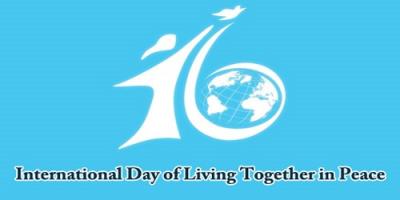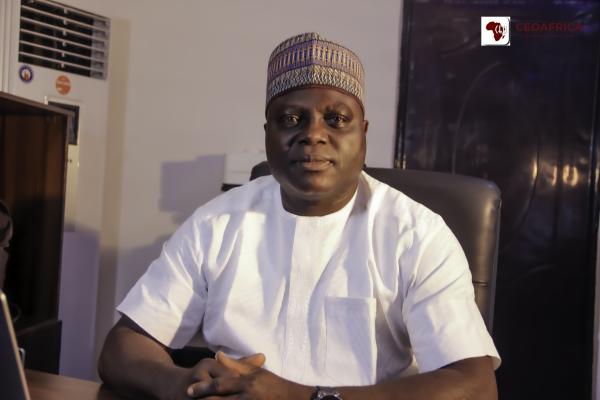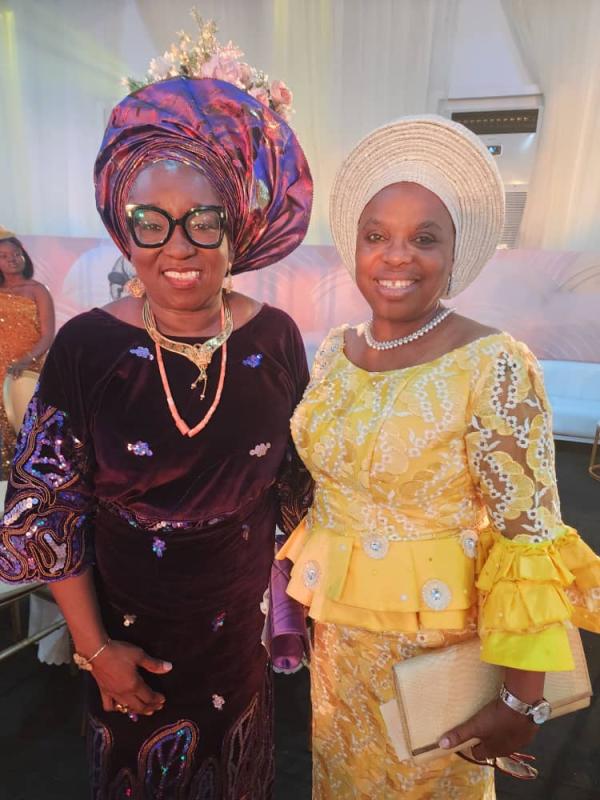
Sunday, 16 May 2021: The world has become increasingly inter-connected and inter-dependent, however, human relations between different societies, nations and cultures have been marred over the years by mistrust and incomprehension. The hierarchisation of some people and groups as well as differences in opinion have all fed into the rise in discrimination on ethnic, religious or racial ground.
Meanwhile, poverty and lack of economic opportunity continue to fuel intolerance and situated extremism among people of the world.
Hence, the United Nations (UN) General-Assembly, in its resolution 72/130, declared every 16 May the International Day of Living Together in Peace.
The declaration came about as a result of the long-held and cherished concept contained within the Constitution of UNESCO that "since wars begin in the minds of men, it is in the minds of men that the defences of peace must be constructed."
The Declaration therefore embraces the principle that peace is not merely the absence of conflict, but also requires a positive, dynamic participatory process, in which dialogue is encouraged and conflicts are resolved in a spirit of mutual understanding and cooperation.
The International Day of Living together in Peace is about accepting differences and having the ability to listen to, recognize, respect and appreciate others, as well as co-exist in a peaceful and united manner.
The commemoration is a means of regularly mobilizing the efforts of the international community to promote peace, tolerance, inclusion, understanding and solidarity. The Day aims to uphold the desire to live and act together, united in differences and diversity, in order to build a sustainable world of peace and harmony.
The day strives to promote the culture of peace and non-violence in all spheres and tasks in order to benefit humanity, especially children and future generations.
The UN promotes this day by encouraging countries to stamp out conflict in their relations with other nations and embrace reconciliation in order to ensure peace and sustainable development. The organisation does this by working with communities, faith leaders and other relevant actors, through reconciliatory measures and acts of service and by encouraging forgiveness and compassion among individuals.
The UN Director-General, Audrey Azoulay stressed that "In a world in which we regularly witness tensions, acts of hatred, rejection of others and discrimination, the pursuit of peace and the will to live together harmoniously is more crucial than ever.
“UNESCO, and the United Nations as a whole, is striving on a daily-basis to provide people with the means to achieve peace, not only because peace is one of the major goals of the 2030 Agenda, but also because it is a precondition for sustainable development and for the common good."
Therefore, to reach a peaceful settlement of disputes and to achieve harmonious coexistence and sustainable development, we need to encourage reconciliation, increase intercultural understanding, facilitate dialogue among civilizations and promote moderation as a value underpinning peace, security and development.
In the long run, this can be achieved by normalising a culture of peace and encouraging such conversations in the media. Children and youth remain the key to achieving these goals therefore they need to understand the importance of the peace building agenda and to get familiarised with its underlying values.
This year’s celebration comes at a critical time with Israel and Palestine at the brink of war. A lot of international bodies including the European Union, United Nations, Africa Union and other nations of the world, with the UK and US government at the forefront have all weighed in on the situation.
It is therefore hoped that their extensive diplomatic efforts will help broker a ceasefire in the crisis-ridden Israeli−Gaza region.




















